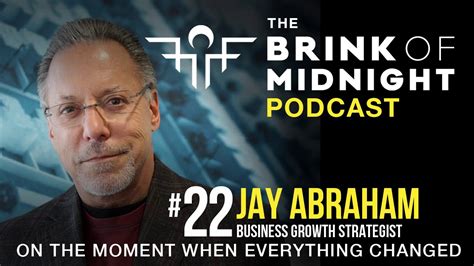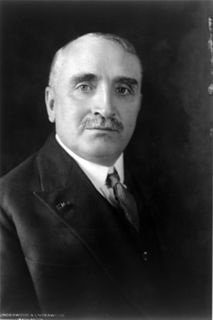A Quote by Ludwig Wittgenstein
What we do is to bring words back from their metaphysical to their everyday use.
Quote Topics
Related Quotes
When philosophers use a word--"knowledge," "being," "object," "I," "proposition," "name"--and try to grasp the essence of the thing, one must always ask oneself: is the word ever actually used in this way in the language-game which is its original home?--What we do is to bring words back from their metaphysical to their everyday use.
Make your copy straightforward to read, understand and use. Use easy words; those that are used for everyday speech. Use phrases that are not too imprecise and very understandable. Do not be too stuffy; remove pompous words and substitute them with plain words. Minimize complicated gimmicks and constructions. If you can't give the data directly and briefly, you must consider writing the copy again.
Kids use words in ways that release hidden meanings, revel the history buried in sounds. They haven't forgotten that words can be more than signs, that words have magic, the power to be things, to point to themselves and materialize. With their back-formations, archaisms, their tendency to play the music in words--rhythm, rhyme, alliteration, repetition--children peel the skin from language. Words become incantatory. Open Sesame. Abracadabra. Perhaps a child will remember the word and will bring the walls tumbling down.
Here's an example: someone says, "Master, please hand me the knife," and he hands them the knife, blade first. "Please give me the other end," he says. And the master replies, "What would you do with the other end?" This is answering an everyday matter in terms of the metaphysical. When the question is, "Master, what is the fundamental principle of Buddhism?" Then he replies, "There is enough breeze in this fan to keep me cool." That is answering the metaphysical in terms of the everyday, and that is, more or less, the principle zen works on. The mundane and the sacred are one and the same.
Duties concern things that are voluntary. I do think that if you have a moral duty to bring me back the book you borrowed, that implies, roughly, that your doing so depends on your wanting to do so: if you want to bring me the book, you will. This is not the case if you are stuck at some airport due to a snowstorm, far away from me. This, however, is not the same as "ought" implying a metaphysical "can".
Some professional writers write everyday no matter what and perhaps that's the way it should be done, but it's not the way I do it. If I'm not pregnant with words and I'm not in labor with them, I don't even try to bring them forth because they won't be any good anyway. Once I'm ready to deliver, it's like being pregnant. I've got to find a typewriter or a piece of paper. The only words that have ever had any possible value to others seem to have been those words that just had to come out.
A layman will no doubt find it hard to understand how pathological disorders of the body and mind can be eliminated by 'mere' words. He will feel that he is being asked to believe in magic. And he will not be so very wrong, for the words which we use in our everyday speech are nothing other than watered-down magic. But we shall have to follow a roundabout path in order to explain how science sets about restoring to words a part at least of their former magical power.







































